Best Value Portable Bathrooms: Local Solutions Unveiled
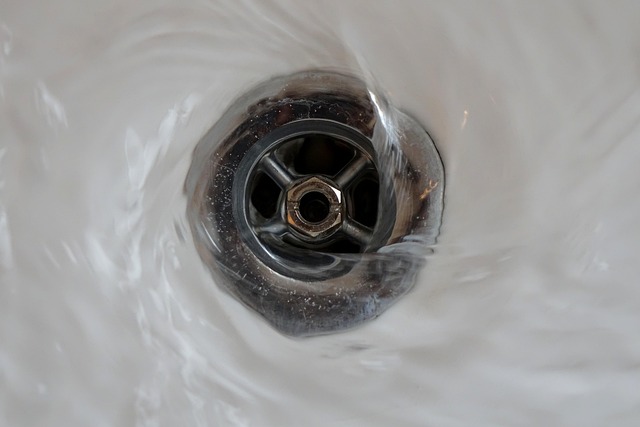
Trailer portable bathrooms offer a versatile and convenient solution for temporary sanitation needs…….
In an era where sustainability, portability, and rapid deployment are paramount, trailer portable bathrooms (TPBs) have emerged as a transformative solution for temporary sanitation needs worldwide. These self-contained, mobile restrooms offer a unique blend of convenience, cleanliness, and adaptability, catering to diverse scenarios from construction sites and events to disaster relief efforts and remote work locations. This comprehensive article delves into the multifaceted world of trailer portable bathrooms, exploring their design, global impact, economic implications, technological innovations, regulatory landscape, challenges, real-world applications, and future prospects.
Trailer portable bathrooms are self-propelled vehicles designed to provide sanitation facilities for temporary or remote locations. They typically include a toilet, sink, shower (in larger models), and storage compartments, all integrated into a trailer framework. Key components include:
The concept of portable restrooms dates back to ancient times, with historical accounts mentioning temporary latrines during travel and military campaigns. However, modern trailer portable bathrooms have evolved significantly over the past few decades, driven by advancements in technology, environmental consciousness, and global demand for flexible sanitation solutions. Their significance lies in their ability to:
Trailer portable bathrooms have a profound global impact, serving diverse markets across all continents:
The global trailer portable bathroom market is experiencing substantial growth, driven by:
Water Recycling Systems: Advanced greywater recycling technology allows TPBs to reuse water from sinks and showers for flushing toilets, significantly reducing fresh water usage. This innovation is crucial for sustainable operations in arid regions and remote areas with limited water resources.
Solar Power Integration: Solar panels have become a standard feature in many modern TPBs, providing renewable energy for lighting, ventilation, and other electrical systems. This reduces reliance on diesel generators, minimizing noise pollution and carbon emissions.
IoT and Remote Monitoring: Internet of Things (IoT) sensors enable real-time tracking of TPB performance metrics like water usage, waste levels, and equipment health. This data aids in predictive maintenance, ensures optimal operational efficiency, and enhances customer satisfaction.
Smart Controls and Automation: Touchscreen controls, automated lighting, and temperature regulation systems enhance user experience and energy efficiency by allowing occupants to customize settings according to their preferences.
Polices and regulations play a pivotal role in shaping the TPB industry by:
Perception and Public Acceptance: TPBs sometimes face negative perceptions due to association with lower-quality sanitation or temporary settings, hindering acceptance in certain high-end events or residential areas.
Site Access and Parking: Obtaining access to suitable locations for deployment can be challenging, especially in dense urban areas or restricted access sites, requiring creative solutions and negotiations.
Maintenance and Waste Disposal: Proper maintenance and responsible waste disposal practices are crucial but often require additional resources and expertise, posing challenges for smaller operators.
High Initial Costs: Although TPBs offer long-term cost savings, the initial investment can be significant, limiting accessibility for smaller businesses or organizations with tight budgets.
Festival X, a renowned music festival in rural America, faced significant sanitation challenges due to its vast venue and large attendee base. They partnered with a TPB provider to deploy a fleet of customizable, luxury portable restrooms equipped with advanced water recycling systems and premium amenities. The results were remarkable:
A tech startup based in Sweden established a remote work camp in a secluded forest to attract top talent from around the globe. They deployed several trailer portable bathrooms equipped with modern amenities like heated floors, solar-powered lighting, and high-speed Wi-Fi. The TPBs became a significant factor in the camp’s success:
After a major hurricane struck a coastal city, local authorities reached out to TPB providers for immediate sanitation support. A fleet of rugged, easy-to-deploy TPBs was dispatched, providing essential services to displaced residents and emergency responders:
Trailer portable bathrooms have evolved from mere temporary solutions to sophisticated sanitation systems, transforming the way we address hygiene and comfort in diverse settings globally. Their versatility, adaptability, and eco-conscious design make them indispensable assets for events, remote work locations, disaster relief efforts, and sustainable urban development. As technology continues to advance and global demand persists, the TPB industry is poised for substantial growth, shaping a more sanitarily equipped future worldwide.
Q1: Are trailer portable bathrooms environmentally friendly?
A: Yes, many modern TPBs incorporate eco-friendly features like water recycling systems, solar power, and sustainable materials, significantly reducing their environmental impact compared to traditional sanitation methods.
Q2: How do I choose the right trailer portable bathroom for my event?
A: Consider factors like event size, expected attendance, desired amenities, budget, and local regulations. Customizable options allow you to tailor the TPB to your specific needs, ensuring a comfortable and efficient experience.
Q3: Can TPBs be used for long-term sanitation needs?
A: While designed for temporary use, advanced TPB models with robust construction and maintenance programs can operate effectively for extended periods, making them suitable for remote communities or ongoing construction sites.
Q4: How do I ensure proper waste disposal from a TPB?
A: Waste management practices vary by region, but most TPBs come equipped with separate compartments for recyclable and non-recyclable materials. Local regulations dictate proper disposal methods, and providers often offer guidance to ensure compliance.
Q5: Are there any government incentives for adopting trailer portable bathrooms?
A: Yes, many governments offer tax incentives, grants, or subsidies to promote the adoption of sustainable sanitation solutions like TPBs, encouraging businesses and organizations to make the switch.

Trailer portable bathrooms offer a versatile and convenient solution for temporary sanitation needs…….
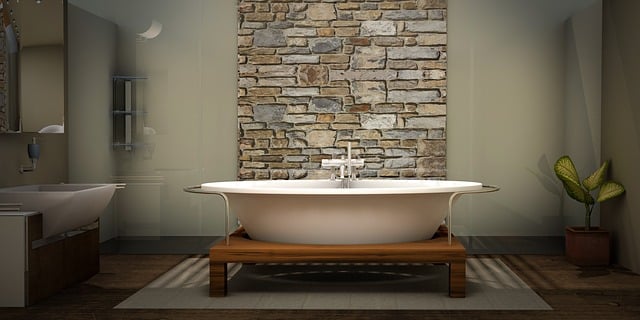
Trailer Portable Bathrooms (TPBs) offer efficient, convenient sanitation for construction sites and…….

Trailer Portable Bathrooms offer flexible sanitation solutions for events and sites with limited inf…….

Trailer portable bathrooms revolutionize public spaces by offering accessible, clean, and sustainabl…….
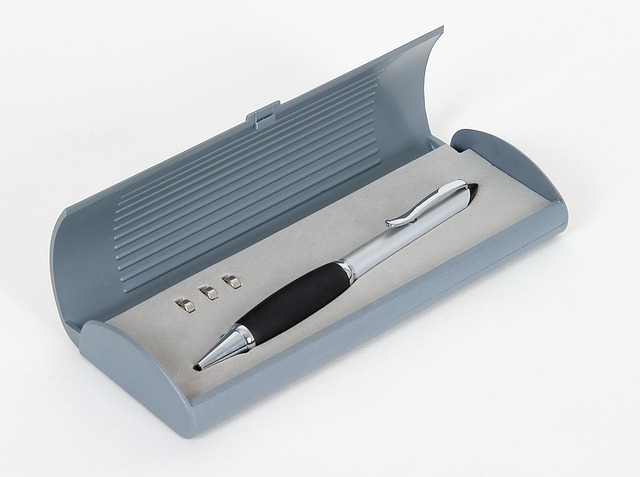
Trailer portable bathrooms provide vital emergency sanitation solutions, offering quick deployment,…….
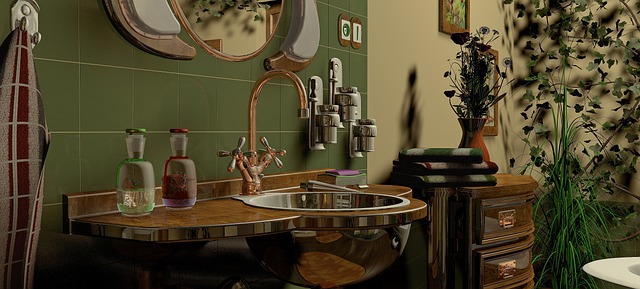
Trailer Portable Bathrooms provide swift and discreet sanitation solutions for unexpected events, co…….
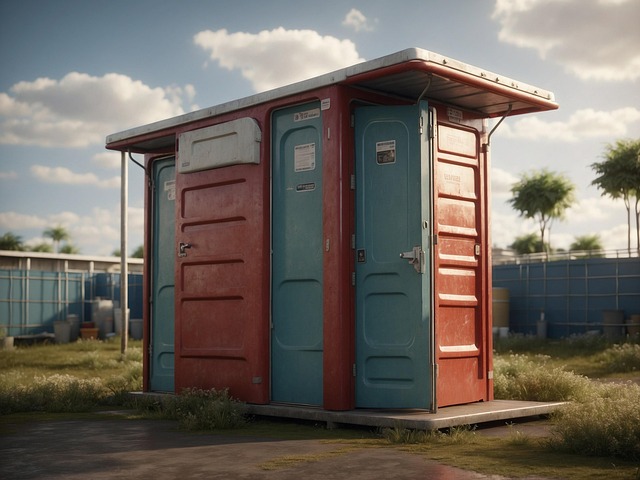
Trailer portable bathrooms offer swift and effective solutions for emergency restroom needs, caterin…….

Trailer Portable Bathrooms offer convenient, hygienic, and cost-effective solutions for temporary re…….

Couples opt for trailer portable bathrooms as a modern alternative to traditional restrooms for wedd…….
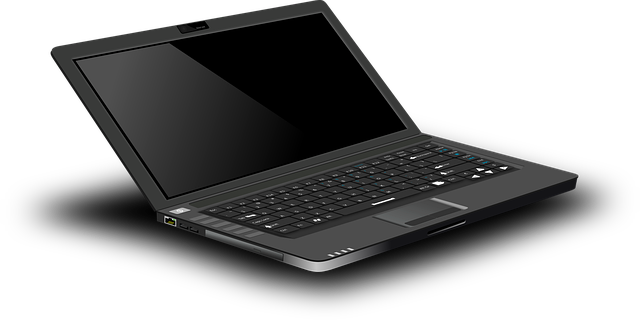
Trailer portable bathrooms (TPBs) are popular for events and construction sites, offering clean and…….